Tribulus / Tribulus terrestris / is an annual herbaceous plant belonging to the Zygophyllaceae family.
The plant has many branched and thin stems, which are covered in trichomes. The stems reach lengths from 4″ (10 cm) to 3 ft (1 meter).
Leaves of tribulus are pinnately compound, paired and with small lancet stipules. The flowers are small and with short stalks, located in the axils of the leaves individually. They have five-petaled cups and the petals are colored in a beautiful citron.
One week after the onset of flowering, you get fruits. The fruit of tribulus is oval, and after ripening it easily breaks down into 4-5 nuts that are covered with sharp spines.
The nuts look remarkably similar to goat heads. Tribulus blooms and forms fruits in July-October.
Composition of tribulus
Tribulus contains fatty oils, alkaloids of the harman type; spirostane, furastone and steroid saponins, the flavonoids astralgin, tribulozid, kaempherol; the sapogenins giogenin, diosgenin and chlorogenin.
Collection and storage of tribulus
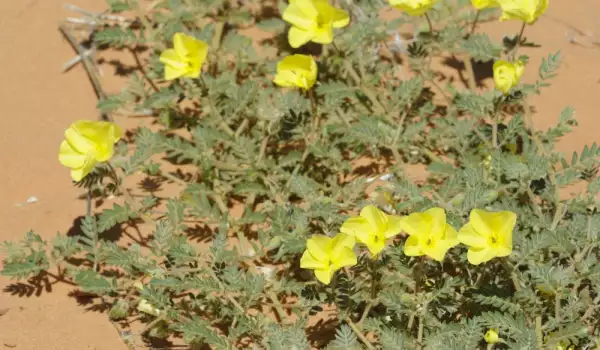
The above ground portions of the plant are collected for therapeutic purposes, to be severed during flowering. Until the full ripening of the seeds, tribulus is a slightly poisonous herb.
Picking it must be done with gloves and other protective equipment. Well dried herbs have a shelf life of three years.
Benefits of Tribulus
A number of experts recommend the use of tea from tribulus, especially during hot weather. It cools and helps the body cope with the pressures brought forth by the heat.
Tribulus terrestris stimulates the body and helps it deal with conditions such as irritability, general fatigue, insomnia, drowsiness, lack of strength and apathy. Tea from tribulus normalizes high blood pressure.
Because of its excellent antibacterial and antifungal activity, tribulus is successfully applied in the treatment of urinary problems. The herb is quite effective against serious infections, such as gonorrhea, for example. It helps with psoriasis, kidney stones and urinary tract issues.
The beneficial effects of tribulus do not stop there. In modern medicine, the herb is considered as one of the best in terms of improving sexual potency in men.
The pivotal action in this, is to raise the levels of testosterone.

After many studies, scientists found that the saponins contained in tribulus affect the receptors of the hypothalamus which govern sexual hormones.
Tribulus blocks those receptors in the hypothalamus, which lead it to believe that the levels of sex hormones are lower than they actually are. Because of this, the hypothalamus signals the production of hormones which leads to increased production of testosterone.
Tribulus helps to improve fertility in both sexes, increases ovulation and libido. The herb has a positive influence on the frequency of sexual intercourse, increases the sperm and semen count, and improves the speed of the spermatozoon.
It is suitable for the relief of premenstrual syndrome and menopause. Some studies show that tribulus has a protective effect on the prostate.
Tribulus is used for the treatment of cardiovascular diseases, diseases of the kidney and increased acidity of the gastric fluids. Concoctions based on the herb are made for the reduction of cholesterol.
Tribulus terrestris is considered a powerful natural steroid that helps muscle growth. Because of this action, the herb is very popular among athletes. It is involved in the formulation of certain food additives.
The ability of tribulus to maintain blood sugar levels makes it an extremely valuable herb for weight maintenance and the implementation of procedures for weight loss. Tribulus tea prevents sharp falls in blood glucose after meals.
Dangers of tribulus
Tribulus terrestris has no known side effects. In rare cases, some of those who used it complained of upset stomach. These ailments can be avoided, if it is taken with food.
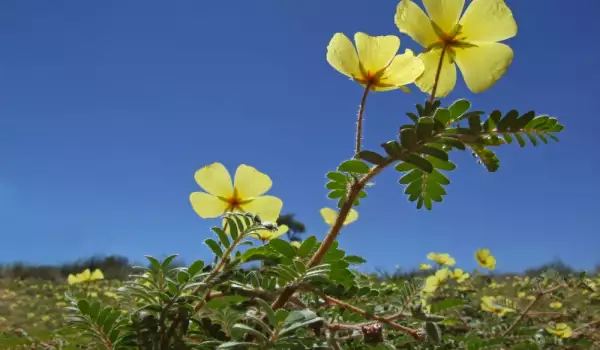
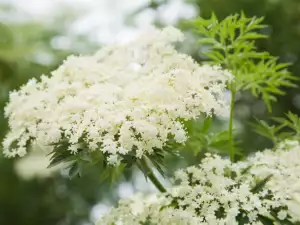
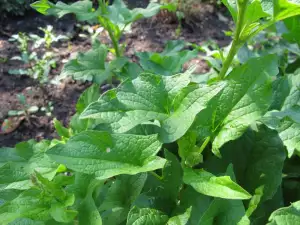


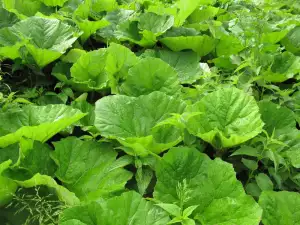

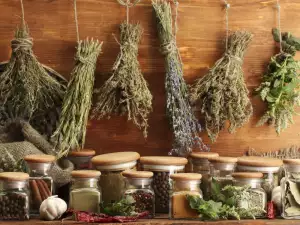
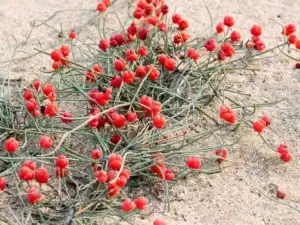
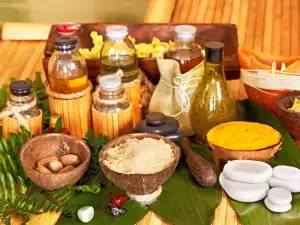
Comments